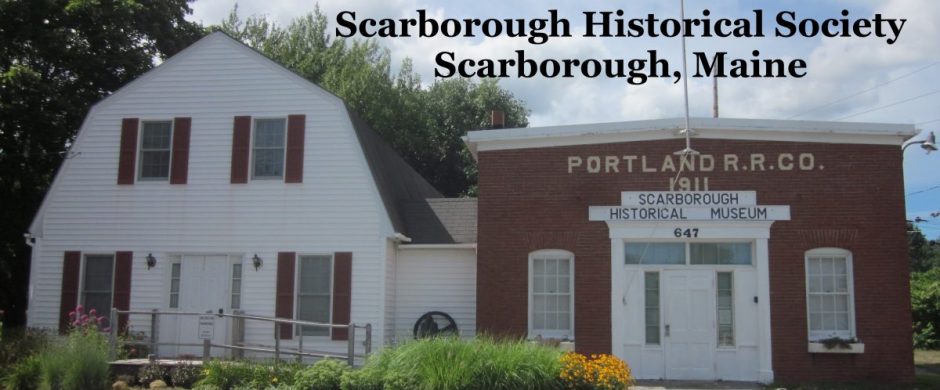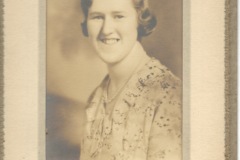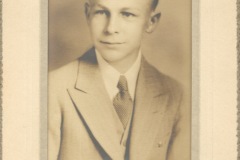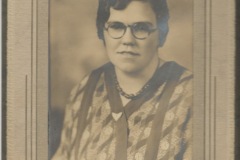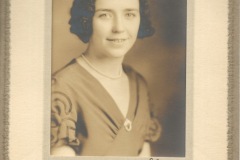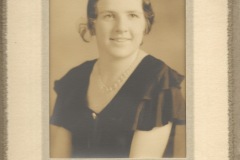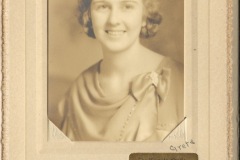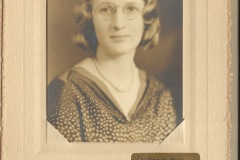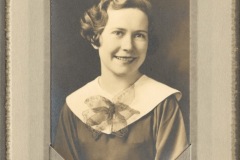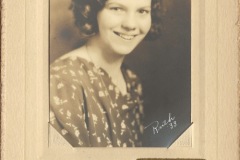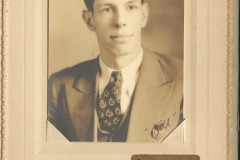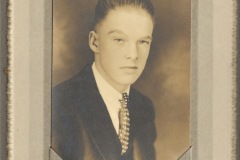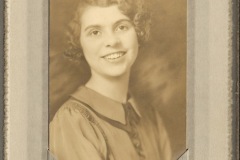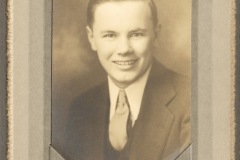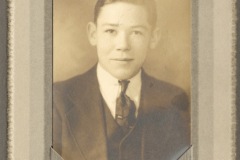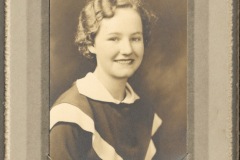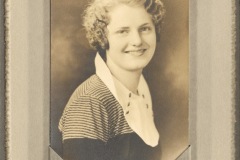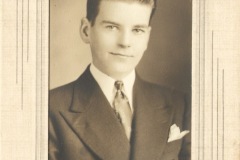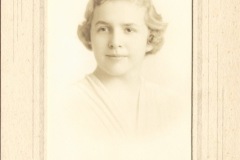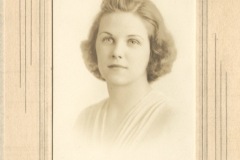Donate
Search the Scarborough Historical Society website
Subscribe to Blog via Email
Join 244 other subscribersMailing Address
Scarborough Historical Society
PO Box 156
Scarborough, ME, 04070-0156Buy “Scarborough at 350”

Categories
Archives
- January 2025
- December 2024
- November 2024
- October 2024
- August 2024
- July 2024
- June 2024
- May 2024
- April 2024
- March 2024
- February 2024
- January 2024
- December 2023
- October 2023
- September 2023
- August 2023
- July 2023
- June 2023
- May 2023
- April 2023
- March 2023
- February 2023
- January 2023
- December 2022
- November 2022
- October 2022
- September 2022
- August 2022
- July 2022
- June 2022
- May 2022
- April 2022
- March 2022
- February 2022
- January 2022
- December 2021
- November 2021
- October 2021
- September 2021
- August 2021
- July 2021
- May 2021
- April 2021
- March 2021
- February 2021
- January 2021
- November 2020
- October 2020
- September 2020
- August 2020
- July 2020
- June 2020
- May 2020
- April 2020
- March 2020
- February 2020
- January 2020
- November 2019
- October 2019
- September 2019
- August 2019
- July 2019
- June 2019
- May 2019
- April 2019
- March 2019
- January 2019
- December 2018
- November 2018
- October 2018
- September 2018
- August 2018
- May 2018
- April 2018
- March 2018
- February 2018
- January 2018
- December 2017
- November 2017
- September 2017
- July 2017
- May 2017
- April 2017
- March 2017
- February 2017
- January 2017
- November 2016
- October 2016
- September 2016
From the Collections—Blacksmiths in Scarborough
By Linda Snow McLoon

SHS Collection
As in all towns in Maine before the advent of automobiles, local blacksmiths played a vital role in Scarborough. Not only did they shoe horses and oxen, but the smiths made and repaired metal tools such as hoes, plows, and wheels for wagons, along with kitchen equipment for housewives. You could count on blacksmith shops to have a coal-fired forge with large bellows to fan the flames when needed, an anvil and a vise. Another important fixture was a sling. The blacksmith could hold up a horse’s leg when nailing a horseshoe into place, but a sling was needed to carry the heavier weight of oxen.

From the SHS collections come these images of the blacksmith shop of Freedom Libby (1844-1928), whose shop on the State Road was a busy place. Freedom and his wife sadly lost 2 of their 3 children, and their only surviving daughter, Ruth Libby, was a teacher in the Dunstan, North Scarborough, and Libby district schools.
Another early blacksmith was Ai P. Seavey (1816-1889). His blacksmith shop was on the Seavey family farm, located on the Black Point Road just before the state park, which later became the Lindholm farm and nursery. A sign Ai P. Seavey had in his shop announcing the cost of shoeing one horse encouraged prompt payment: Trust—$1.00 Cash—$.75

Lindholm Nursery with greenhouses
Laughton Collection
Ai P. Seavey’s son, Harris Seavey, was a renowned carriage driver who operated a stagecoach that brought passengers from the Black Point railroad station to the summer lodging places at Prouts Neck. Harris Seavey was reputed to be a whip expert who could flick a fly from the lead horse’s ear. In later years, Seavey’s coach was shipped to New York to be used in the Broadway theater production of Rebecca of Sunny Brook Farm.

Laughton Collection

Fuel Rally – 11 Feb 2023
The Scarborough Historical Society and Museum was represented at the Fuel Rally at Town Hall & Public Safety building on Saturday morning by Karlene & Tom Osborne. Several other organizations also had tables, including Project Grace, the Kiwanis, Lions, Library, Rotary, and the Audubon Center. Our focus was to highlight the Beech Ridge School project and our Museum. They answered many questions and handed out newsletters.

11 February 2023
Fuel assistance is essential, and visitors to the Fuel Rally learned much about Project Grace and other Scarborough nonprofits, including the Historical Society.
